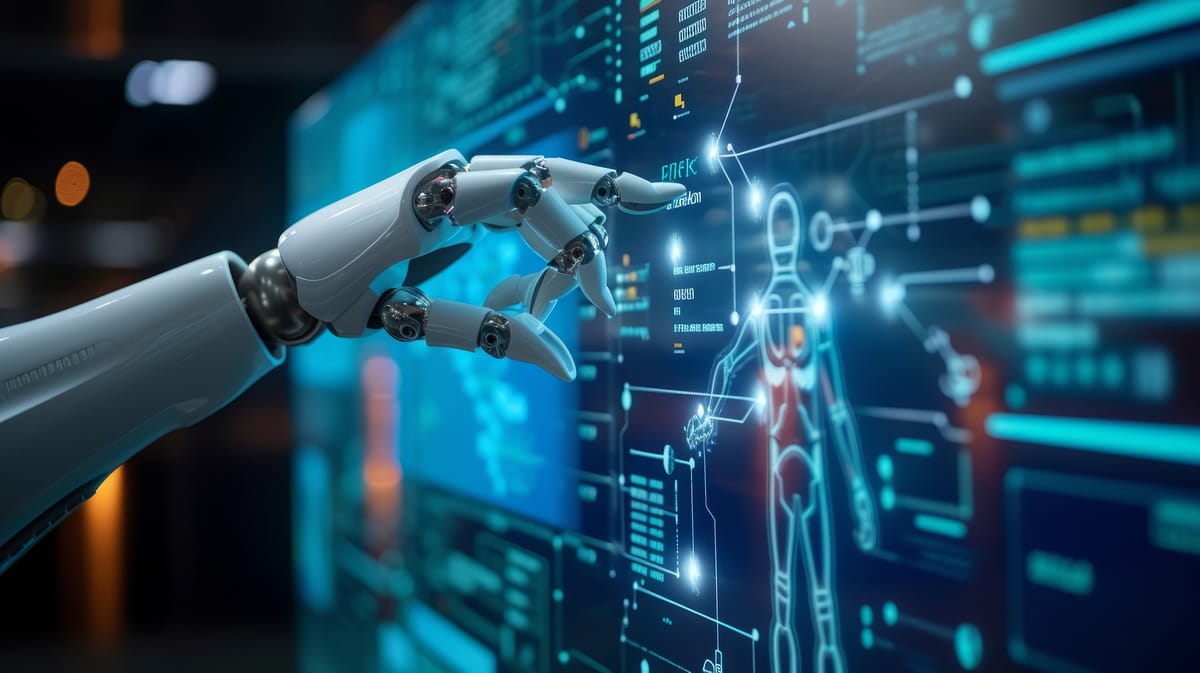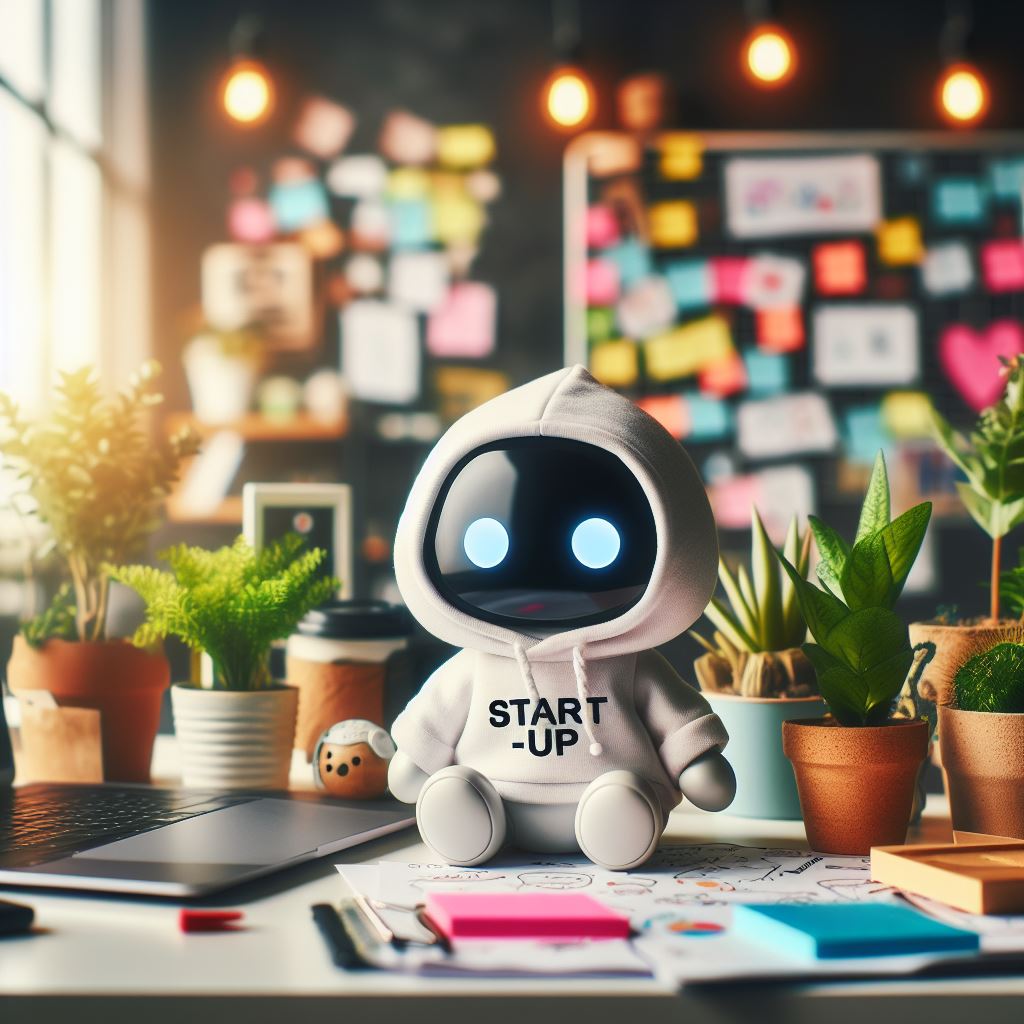AI Chatbots and Industry Standards: Analysis

Artificial intelligence (AI) has revolutionized various industries, and one area that has witnessed significant transformation is customer support. AI chatbots have emerged as a game-changing technology, providing businesses with an efficient and cost-effective means of interacting with customers. These intelligent virtual assistants are capable of understanding and responding to human queries, mimicking human conversation, and providing personalized assistance. This article will comprehensively analyze the impact of AI chatbots on industry standards, highlighting their functionality, benefits, and potential future developments.
AI Chatbots: Definition and Functionality
AI chatbots are computer programs designed to simulate human conversation through text or voice interactions. They utilize natural language processing (NLP) and machine learning algorithms to understand and interpret user queries, providing relevant and accurate responses in real-time. These chatbots can be integrated into various platforms, such as websites, mobile apps, and social media channels, allowing businesses to engage with customers across multiple touchpoints.
The functionality of AI chatbots goes beyond basic customer interactions. They can handle complex tasks such as processing orders, scheduling appointments, and even troubleshooting technical issues. By analyzing vast amounts of data and learning from past interactions, AI chatbots continuously improve their performance, becoming more adept at understanding user intent and delivering personalized experiences.

Benefits of AI Chatbots for Industry Standards
The adoption of AI chatbots brings numerous benefits to industry standards. Firstly, these virtual assistants provide round-the-clock customer support, eliminating the need for businesses to have human agents available 24/7. This ensures that customers receive timely assistance, leading to increased customer satisfaction and loyalty.
Secondly, AI chatbots significantly enhance efficiency and productivity in industries. With their ability to handle multiple queries simultaneously, chatbots can handle a high volume of customer interactions, reducing response times and improving overall operational efficiency. This enables businesses to streamline their processes, allocate resources effectively, and focus on more complex tasks that require human intervention.
AI chatbots enable businesses to scale their customer support without incurring substantial costs. Unlike human agents, chatbots do not require training or salaries, making them a cost-effective solution for businesses of all sizes. Additionally, chatbots can handle repetitive and mundane tasks, freeing up human agents to focus on more strategic and value-added activities.
AI Chatbots Shaping Industry Standards
As AI chatbots continue to evolve and improve, their impact on industry standards is expected to grow exponentially. These virtual assistants have already transformed customer support by providing personalized and efficient assistance. In the future, AI chatbots are likely to play a more significant role in sales and marketing, data collection and analysis, and even in addressing ethical concerns regarding privacy.
Businesses that embrace AI chatbots stand to gain a competitive advantage by delivering superior customer experiences, optimizing operations, and leveraging data-driven insights. The integration of AI chatbots into industry standards is not merely a trend but a strategic move towards enhancing efficiency, productivity, and customer satisfaction. With their ability to understand and engage with customers on a human-like level, AI chatbots are poised to reshape the way industries interact with their customers and set new benchmarks for excellence.




